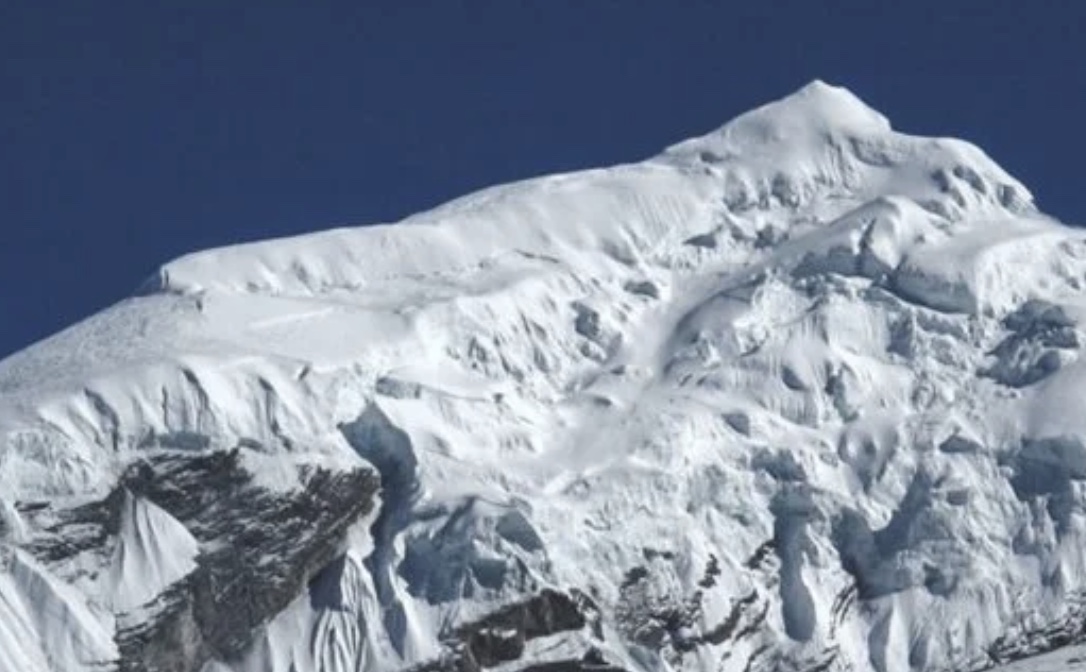KATHMANDU, Oct 18: A two-day conference on climate change was held in Jumla district with an objective to bring the pressing issues of fragile mountain ecosystems, food insecurity and plights of the marginalized mountain communities to the fore.
Multiple stakeholders gathered in the district for the event "Climate Change, Food Security and Freshwater: Tackling Constraints and Nurturing Opportunities in Mountain Region", which was held on October 15 and 16.
Since Nepal ranks fourth most vulnerable country in the world in relation to climate change, the stakeholders urged for urgent, collaborative and effective actions at all levels for protecting the fragile mountain ecosystem from the impacts of climate change, food insecurity to protect and promote the rights of poor and marginalized mountain communities.
Nepal ranked 33rd most fragile state in the world

At the program organized by the Ministry of Environment and Karnali Integrated Rural Development and Research Center, the stakeholders urged the government to introduce adaptation efforts, ensure management of water and natural resources and advocate for compensation mechanisms for the loss of the mountain communities who we are bearing loss due to accelerated climate change effects.
Likewise, the stakeholders urged the government to implement the Sustainable Development Goals (SDGs) at the national level by defining specific targets for the mountain region by involving the mountain people.
They also recommended creating a facilitative environment for new and innovative national institutions and mechanisms to promote indigenous culture, language, knowledge, techniques and value systems.
Similarly, other important demands include inclusion of mountain communities in national plans, policies and international processes and negotiations; encouraging closer collaboration from development partners for dedicated funding arrangements for the adaptation and mitigation programs in mountain region, and developing small and medium enterprises and promoting sustainable mountain tourism.
The stakeholders also saw the need to strengthen and consolidate the Mountain Initiative as a global platform for all mountainous countries to discuss common issues through collaborative and cooperative efforts.






































